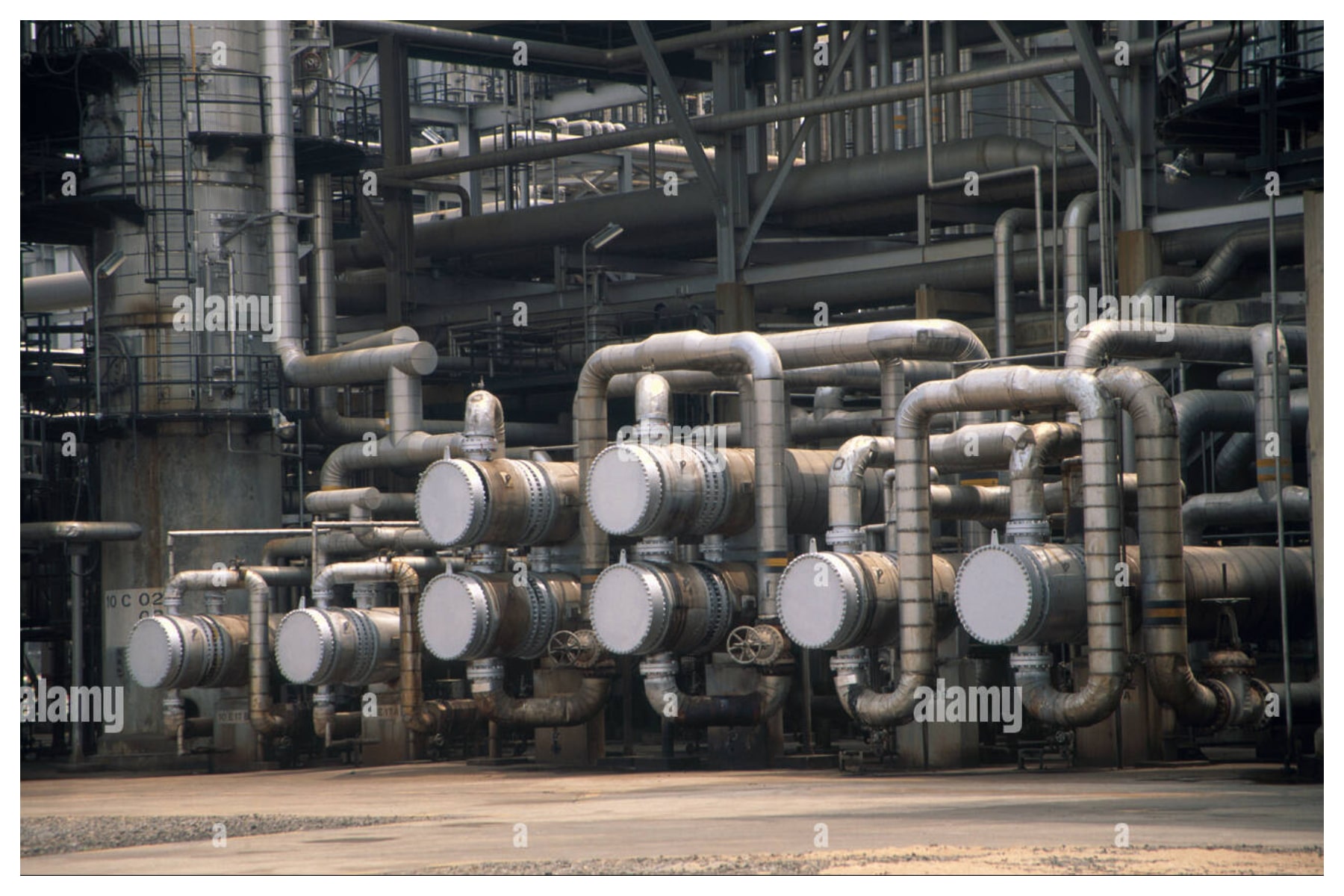The Port Harcourt Refining Company (PHRC) in Rivers State has successfully recommenced operations, a significant stride towards fulfilling the Federal Government's pledge to resume refined product production at the facility by December 2023.
After years of underperformance and extensive turnaround maintenance, the revitalization of the Port Harcourt refinery aligns with the government's broader agenda to enhance domestic refining capabilities. The PHRC is one of four refineries in Nigeria, alongside those in Warri and Kaduna, collectively possessing the capacity to process 445,000 barrels per day (bpd). These refineries were shut down in 2019.
The Minister of State for Petroleum Resources (Oil), Senator Heineken Lokpobiri, announced in August that the Port Harcourt refinery would be operational by the end of the year during an inspection tour of the rehabilitation work at the PHRC Ltd. plant.
“Our objective in coming here today is to ensure that in the next few years, Nigeria stops fuel importation. From what we have seen here today, Port Harcourt Refinery will come on board by the end of the year,” stated Lokpobiri.
The resumption of operations at the Port Harcourt refinery follows the Federal Government's approval of $1.5 billion (1.2 billion euros) in funding for the repair of one of its largest oil refineries over two years ago. Italian firm Maire Tecnimont was selected to conduct the repairs, focusing on the facility with a capacity of approximately 210,000 bpd.
Former Minister of Petroleum (State) Timipre Sylva outlined the rehabilitation plan in three phases, aiming for a 90% production capacity in the first 18 months, followed by additional milestones in 24 and 44 months.
Nigeria, despite being the leading oil producer in Africa, has faced fuel shortages due to a reliance on imports, highlighting the urgency of boosting domestic refining capacity. The revival of the Port Harcourt refinery and ongoing efforts at the Dangote Refinery are anticipated to improve fuel supply in Nigeria, fostering savings on refined fuel and other petroleum products.
The removal of fuel subsidies, coupled with increased refining capacity, is expected to influence the cost of the product, representing a significant step in the government's overhaul of the Nigerian National Petroleum Company Limited (NNPCL) and its commitment to fortifying the nation's energy security.




















